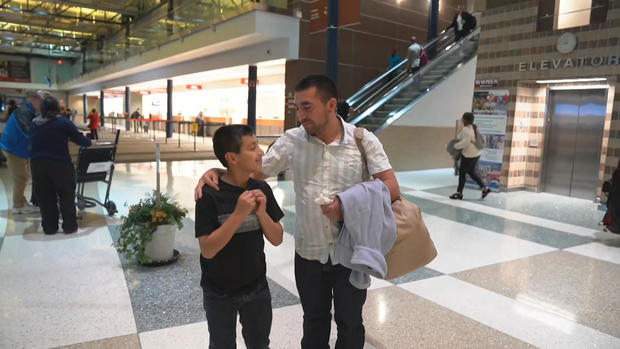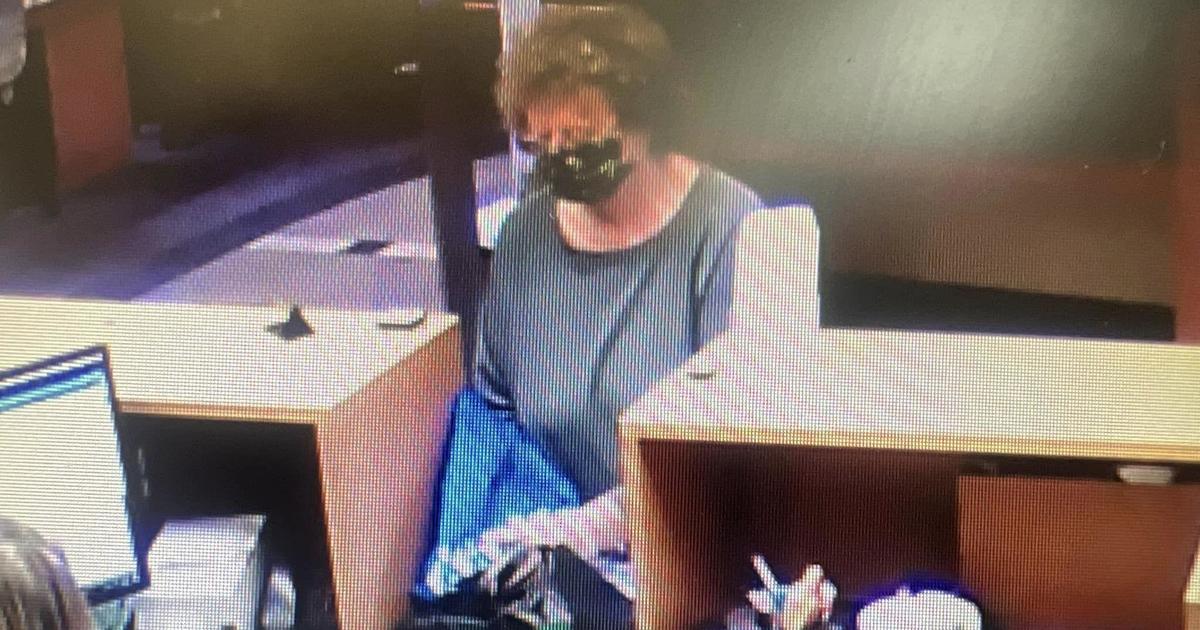ACLU says government could reunite separated families far faster than it claims
The U.S. government has said it could take two years to reunite immigrant children separated from their families, but the ACLU yesterday called for a much shorter timeline: Just three months.
On April 5, the government said in papers filed in federal court that it would need three months just to create a "statistical model" to establish how the government would review its files on separated families, and up to 21 months to reconnect them.
The ACLU filed a response Monday: Attorney Lee Gelernt wrote that the timetable "shows a callous disregard for these families and should be rejected. These children were separated at least 10 months ago....for some of these children, that may be nearly a lifetime."
He cited specific documents that federal agencies, including ICE, could review to begin reuniting families immediately. Gelernt said every person apprehended is assigned an "Event ID number," which notes who they were arrested with. In addition, he wrote that when people are arrested by ICE agents, a form called an "I-213" is filed that "may often contain a notation that the child was separated."
On Monday, CBS News reported on a father and son who spent nearly 11 months apart. Jose Alvizures arrived in Calexico, California, on Friday, 324 days after being separated from 10-year-old Ervin. Alvizures had crossed the border with Ervin to seek asylum after getting death threats from gangs that control his town. He was deported last May. His son was kept in custody.
The Alvizures family was among the first separated due to the White House's short-lived "zero tolerance" policy, which called for adults and children apprehended together at the border to be separated so the adults could be held in federal jails. The policy was reversed by executive order on June 20, 2018.
But a January report by the HHS Office of the Inspector General found an untold number of families — perhaps numbering in the thousands — had been separated as far back as July 2017, long before "zero tolerance" began.
Those earlier separations were not subject to former tracking, the Inspector General concluded.
In March, a judge who last year ordered the government to reunite families separated during "zero tolerance" said it must also identify and reunite the previously separated families.
Representatives for ICE and CBP declined to comment. HHS did not immediately respond to requests for comment.




